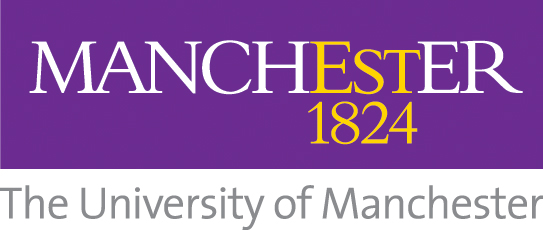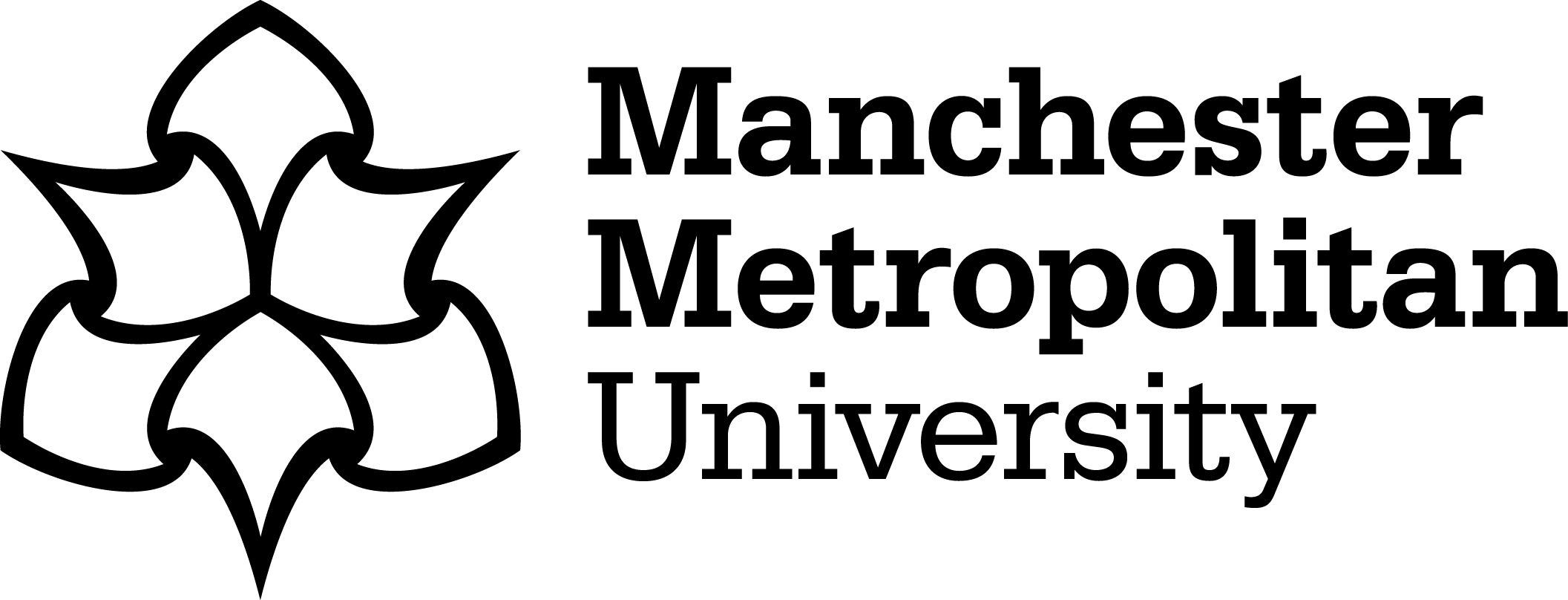Data for Good: The Voluntary, Community and Social Enterprise Sector in Britain¶
The Voluntary, Community and Social Enterprise (VCSE) sector enriches British social and civic life in many, measurable ways. Demonstrating this impact increasingly requires smart use of high-quality data. This interactive half-day workshop will feature practical examples from VCSE organisations about how different types of data have helped them with securing funding, understanding the economic and social environment they operate in, and producing evidence of the effectiveness of their service delivery.
This event was first held on 2020-11-11.
Content¶
This website contains case studies, recommended resources and much more for VCSE organisations interested in making better use of data. In particular, we highlight three sources of valuable data:
Sectoral — these are datasets that describe the shape and activities of the VCSE sector at an aggregate level. For example, Charity Commission for England and Wales (CCEW) information, or grants records from 360Giving.
Service — these are datasets that are generated by and describe the work of individual organisations. For example, information about the beneficiaries an organisation serves.
Societal — these are datasets that describe the context in which VCSE organisations operate. For example, census or Index of Multiple Deprivation data that describe the populations and characteristics of areas served by a VCSE organisation.
Use the navigation menu on the left to explore the materials we’ve put together.
Acknowledgements¶
We are grateful to the Economic and Social Research Council for their generous funding of this event under its Festival of Social Sciences programme. Our thanks also to the amazing voluntary, community and social enterprise organisations who shared their data analyses and stories at the event.
This event was jointly organised and run by the UK Data Service (University of Manchester), Greater Manchester Centre for Voluntary Organisation (GMCVO), and Manchester Metropolitan University (MMU).
Further information¶
Please do not hesitate to get in contact if you have queries, criticisms and ideas regarding these materials: Dr Patty Doran




